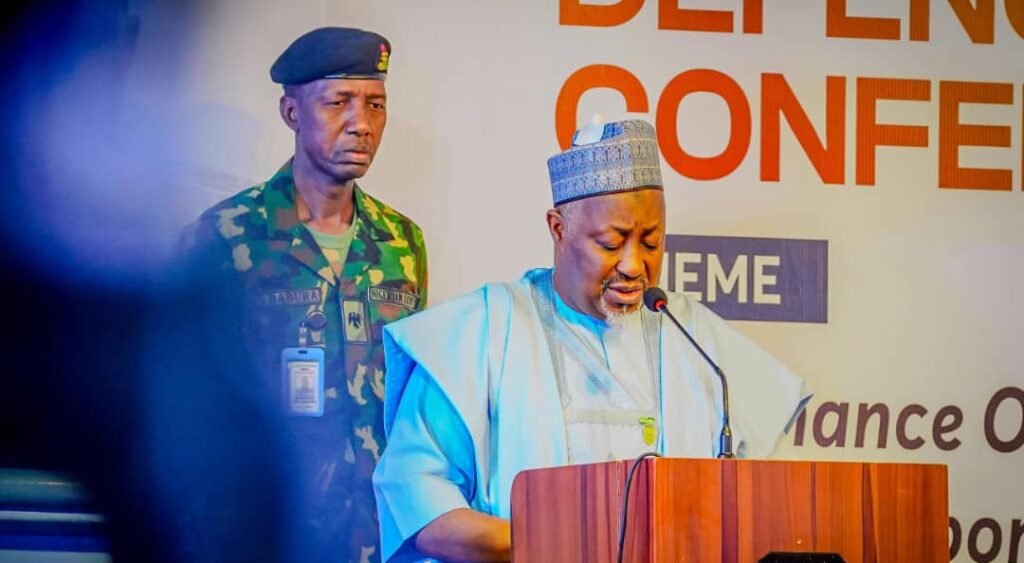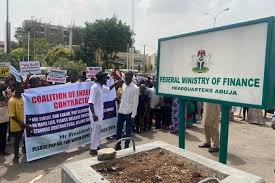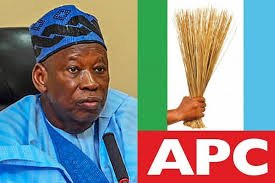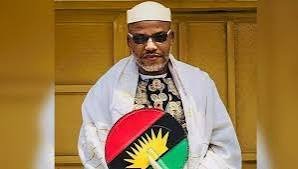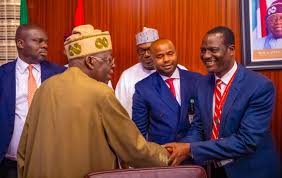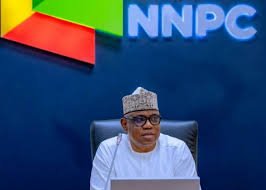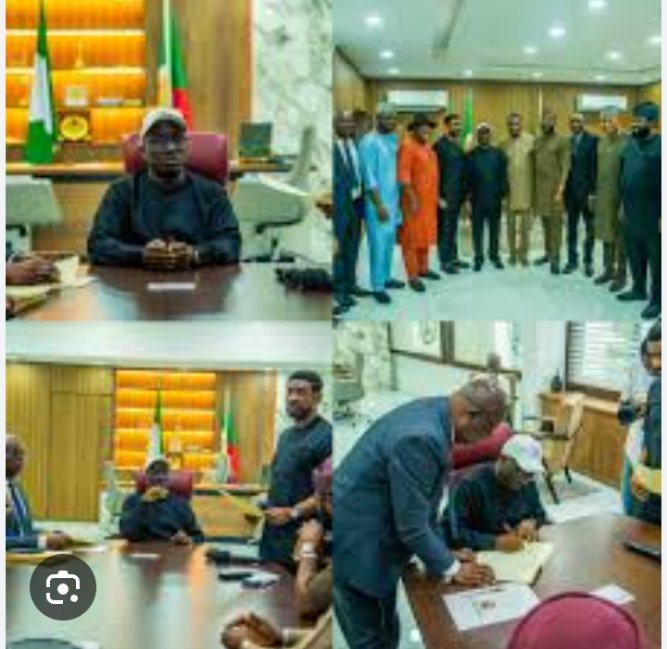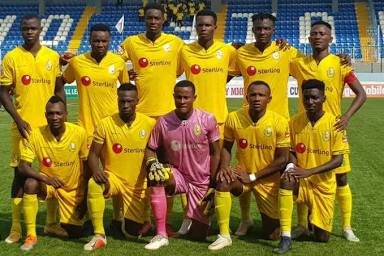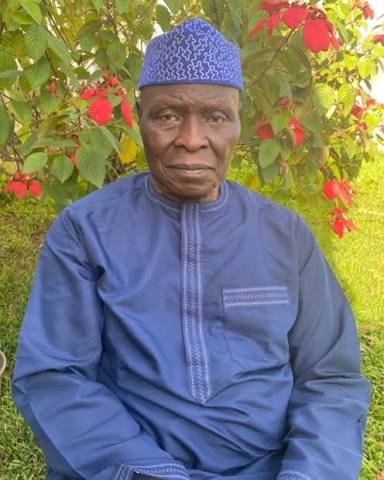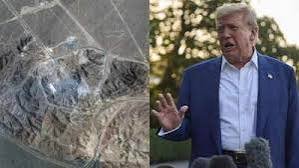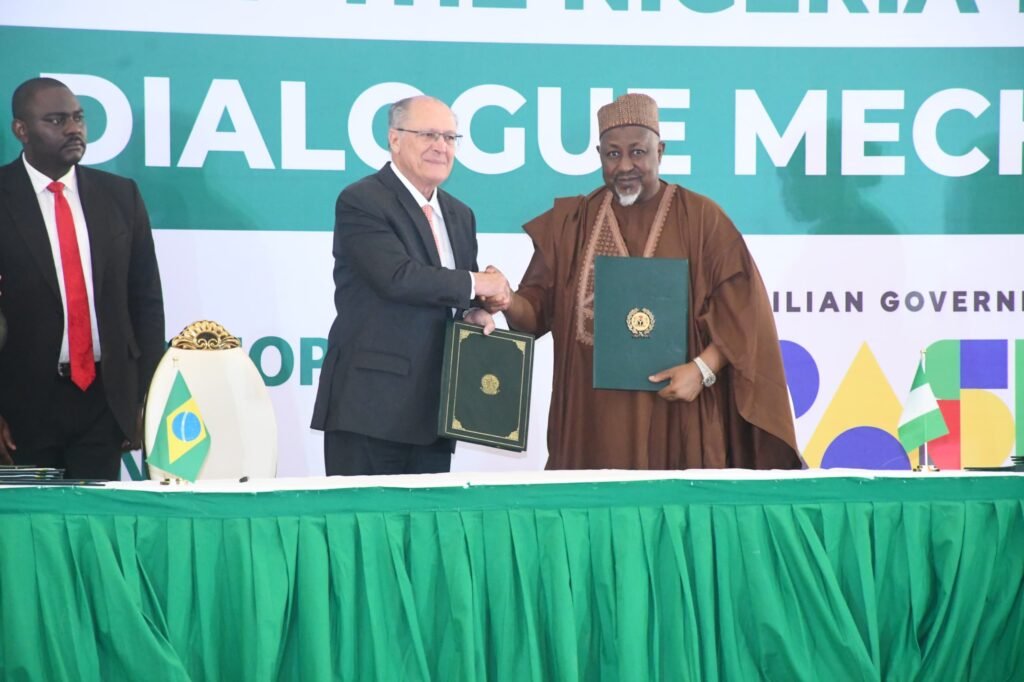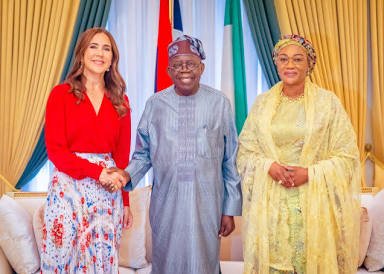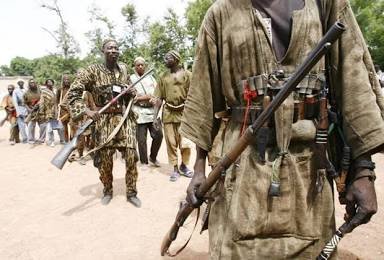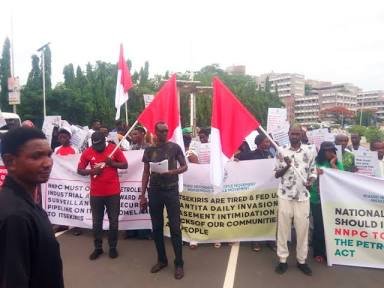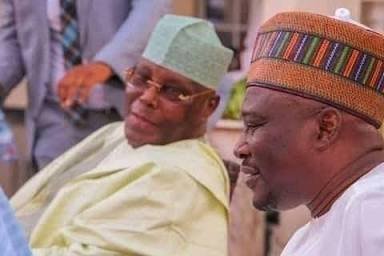IJAWS AND URHOBOS OF WARRI FEDERAL CONSTITUENCY UNITE AGAINST ITSEKIRI’S ATTEMPTS TO MANIPULATE ELECTORAL PROCESS
The Ijaws and Urhobos of Warri Federal Constituency have issued a joint statement condemning the Itsekiri Nation’s attempts to manipulate the electoral process in the area. The groups are reacting to the Supreme Court’s judgment ordering a fresh delineation of electoral wards and polling units in Warri North, Warri South, and Warri South West Local Government Areas. The statement reads, “It is no longer news that the Supreme Court was clear in its unanimous judgment of 2nd December 2022 that INEC should delineate afresh all the electoral Wards and polling units in Warri North, Warri South and Warri South West Local Government Areas that made up the Warri Federal constituency of Delta State without which there should be no subsequent election in the area.” The Ijaws and Urhobos accuse the Itsekiri Nation of seeking to influence the President of Nigeria through his wife, Senator Oluremi Tinubu, who has maternal ties to the Itsekiri community. “The recent actions of the Itsekiri Nation in seeking to influence the President of the Federal Republic of Nigeria, by casting insinuations and putting undue pressure on his wife…is not only highly inappropriate but also a gross misrepresentation of the unity and integrity of our national politics,” the statement reads. The groups warn that any attempt to exploit the First Lady’s maternal origins for political manipulation would undermine the sanctity of her office and the unity of the Nigerian people. “Her role transcends ethnic and regional politics, embodying the collective aspirations and dignity of all Nigerians,” the statement adds. The Ijaws and Urhobos also express concerns about the Independent National Electoral Commission’s (INEC) recent fieldwork in the Warri Federal Constituency, but note that the commission’s allocation of 21 wards to the Itsekiri community is an overgenerous acknowledgement of their minority presence. The statement concludes by urging the President and the National Security Adviser (NSA) to respect the independence and impartiality of INEC and refrain from any attempts to manipulate or distort the delineation process ordered by the Supreme Court. “The Nigerian people deserve a transparent and democratic delineation system that reflects the true will of the electorate, free from coercion, intimidation, or undue influence,” the groups emphasize.


